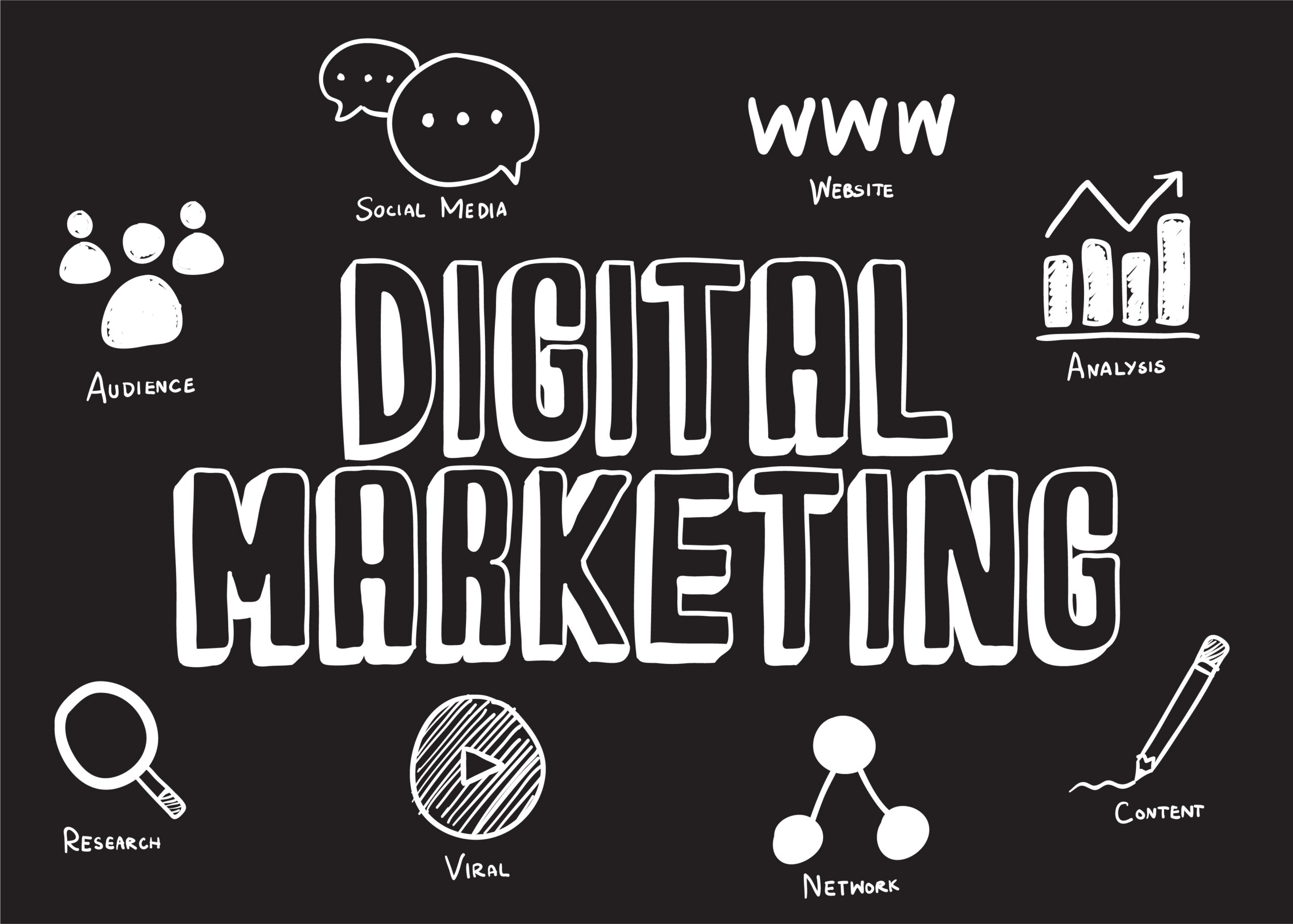In the ever-evolving landscape of technology, one question looms large: will digital marketing get replaced by AI? As we delve into this topic, it’s essential to explore the current trends, future projections, and the potential impact of AI on digital marketing.
The Role of AI in Digital Marketing
AI has already made significant strides in transforming digital marketing practices. From enhancing customer experiences through personalization to optimizing ad targeting, AI tools are becoming indispensable for marketers. According to a Forbes article, AI is revolutionizing marketing strategies by providing deeper consumer insights and automating repetitive tasks.
Will AI Replace Digital Marketers?
The consensus among experts is that AI will not entirely replace digital marketers. Instead, it will augment their capabilities. AI excels at data analysis, predictive analytics, and automating routine tasks. However, it lacks the emotional intelligence and creativity that human marketers bring to the table. Neil Patel emphasizes that while AI can act as an efficient assistant, it cannot replicate the human expertise required for nuanced marketing strategies.
Future Trends in AI and Digital Marketing
As we look towards 2024 and beyond, several AI-driven trends are set to shape the future of digital marketing:
- Hyper-Personalization: AI will enable hyper-targeted marketing campaigns by analyzing vast amounts of data to understand individual customer preferences. This will lead to more personalized content and improved customer engagement.
- Enhanced Predictive Analytics: AI-powered predictive analytics will allow marketers to anticipate consumer behavior and trends more accurately, leading to better decision-making and optimized marketing strategies.
- Advanced Chatbots: AI-driven chatbots will become more sophisticated, providing real-time customer support and interacting with users in a more human-like manner. This will enhance customer satisfaction and streamline communication processes.
- Content Creation: AI tools like Jasper AI and Surfer SEO are already being used for content creation and SEO optimization. These tools will continue to evolve, making it easier for marketers to produce high-quality content efficiently.
Challenges and Ethical Considerations
Despite the numerous advantages, the integration of AI in digital marketing also presents challenges and ethical considerations. Issues such as consumer privacy, biased programming, and the potential for job displacement need to be addressed. The risks associated with AI in marketing include unclear legal regulations and the potential for misuse of consumer data.
Conclusion
In conclusion, while AI is poised to revolutionize digital marketing, it is unlikely to replace human marketers entirely. Instead, it will serve as a powerful tool that enhances their capabilities, allowing them to focus on more strategic and creative aspects of their work. The future of digital marketing lies in the harmonious integration of AI and human expertise, driving efficiency, personalization, and innovation.
By staying informed about the latest AI trends and continuously adapting to new technologies, digital marketers can ensure they remain competitive in this dynamic landscape.







